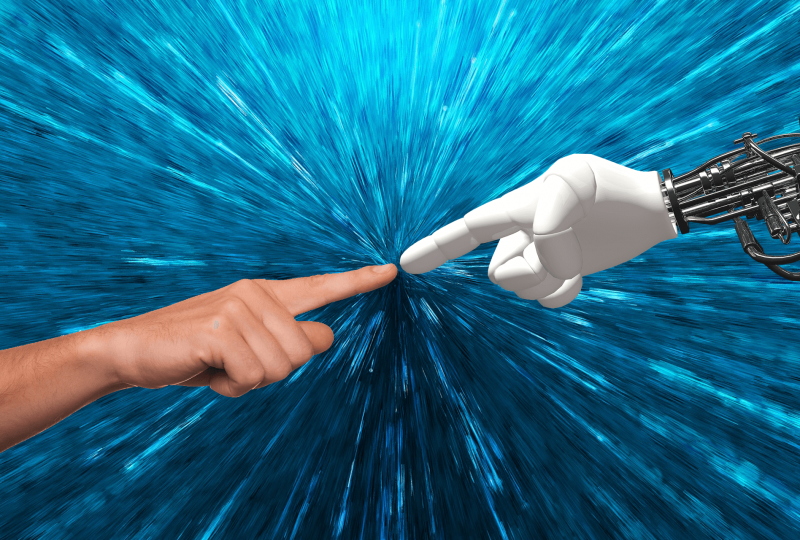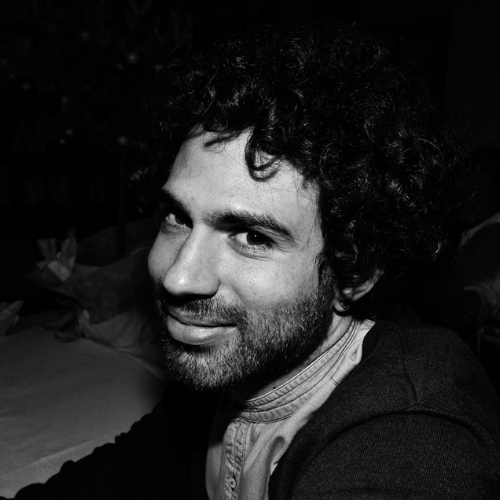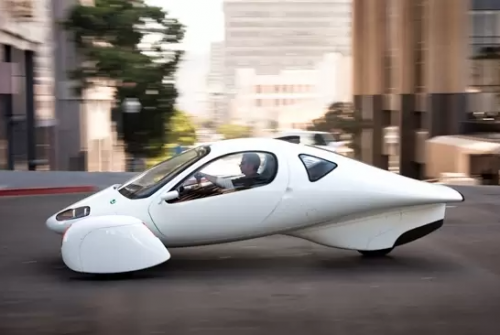Artificial intelligence? It can be pop!
16 May 2019 | Written by Thomas Ducato
We interviewed Emanuela Girardi, founder of the Pop Ai association - Popular Artificial intelligence and member of the pool of experts of the MISE on artificial intelligence

The technological revolution we are witnessing will have a strong impact on our society and no one should be left behind. This concept, which we often repeat in the articles and events of Impactscool, is the basis of the activities of “Pop Ai – Popular Artificial intelligence”, an association created with the aim of making artificial intelligence a “pop” technology, within the reach of everybody.
We talked about it with Emanuela Girardi, founder of the association and member of the pool of experts of the MISE on artificial intelligence
Emanuela how was Pop Ai – Popular Artificial intelligence born?
The association was born to bring artificial intelligence to everyone. When I started studying these technologies I realized that most people didn’t know what AI was, despite its great impact in so many sectors of society. And, as often happens when something is unknown, it is feared, in fact, many considered these technologies as something to be afraid of, like some sort of Terminator, or Big Brother who controls us 24 hours a day. Not to mention the widespread fear that AI will take our job. This picture prompted me to create the association, to explain to people what artificial intelligence is and what its potentials and impacts are. A way to get AI to all people, with a principle similar to that used by Andy Warhol with pop art from the 1980s.
What do you mean?
Art was seen as an elitist thing and was addressed only to a few. With the pop art movement, art has reached everyone: everyone could understand it, interpret it, enjoy it and benefit from it.
Even the name of the association, Pop AI, is inspired by this connection.
Who is the association for?
It addresses everyone. We want to create digital citizens, helping people to develop skills and knowledge that many, unfortunately, do not have today. Either we do something or we risk further amplifying the digital divide, there will be more and more marginalized citizens who do not have the opportunity to integrate into the new AI Society and enjoy its benefits.
How is this mission realized? What are your activities?
We are organizing training and dissemination activities on artificial intelligence. We are also planning a Festival of artificial intelligence, which will be next fall in Turin. The aim of the event will be precisely to make people touch the AI and its impacts with an experiential approach. The focus will be on artificial intelligence in our lives: we will analyze how these technologies can impact our cities, our mobility, our houses, health, school, and work, as well as education, family and global economy, but also the impacts on personal relationships and our free time. We will use concrete examples, from the smart home to the self-driving car, in order to immerse the participants in a society populated by artificial intelligence. Among the issues we will address there will also be ethical and social implications, which will be really important for the development and dissemination of these technologies.
We will have workshops, conferences, a space dedicated to startups and one to the combination of artificial intelligence – art.
The development of artificial intelligence is taking place at an exponential rate. What will be the most important impacts (both positive and negative) that we will have in the near future?
The impacts will be many and will touch very different areas. The most important positive impact, in my opinion, will be from the economic point of view: if well exploited, artificial intelligence will be an incredible opportunity, especially for Italian companies that are still engaged in the transition to industry 4.0, and that with new technologies of the AI will be able to improve productivity and competitiveness and favor the economic and social development of our country.
Another area where these technologies will bring great benefits is the medical one, thanks to the creation and sharing of huge global databases and data analysis, AI will be able to help in the diagnosis and treatment of many diseases. For example, the European project Mega (Million European Genome Alliance), signed by 13 European countries including Italy, is creating the largest database of human genomes accessible in the world that will serve to better understand and treat rare, neurodegenerative and cancer diseases and will allow the creation of new strategies for personalized medicine and prevention.
In general, however, ethical guidelines, laws, and regulations will be needed: just think of the autonomous guide that will certainly bring benefits, with more safety and less accidents, but it will be fundamental to define the reference regulatory framework and the ethical guidelines to follow in the development and training of the algorithms used.
The other risk I see, as I mentioned before, is to create “digital outcasts”.
There are countries in the world that have invested heavily in this technology. What is the Italian situation?
The most trivial answer is that it would be useful more money. Compared to other European countries, investments are currently much lower, but I believe they will come. There will also be important funding in the next Horizon Europe 2021-2027 program, in which 2 billion and a half euros will be allocated only for artificial intelligence. At the moment in Italy, the world of research has few funds and we struggle to retain our excellence.
The key to exploiting the strategic advantage of AI is research and technology transfer to companies, and this is where we will have to invest in order to be ready to access Horizon 21-27 AI funds.
We must also work on the concept of the ecosystem, which in Italy is lacking a little: the realities operating in the sector must be absolutely connected, not only in a national strategy but also in a European framework. We are behind, but we can recover, there are very competent people and above all, there is a desire to do.
About this, you have been selected into the pool of MISE experts on AI. How are the jobs going and what is the contribution that you personally want to bring to the activity of the group?
We are working on a document that has a strategic and vision part and a recommendation, in which we propose to the government to develop and carry out this ecosystem. The Italian Strategy for AI, while maintaining a specificity linked to the characteristics and context of our country, follows the guidelines of the coordinated plan for the development and use of AI in Europe, defined and agreed by the Member States of the Union in 2018.
I participated in the work of the group that dealt with data as a resource for artificial intelligence. We focused on how to promote a data economy and in particular, how to support companies to collect data, use them and enhance them while preserving their competitive advantages and business secrets. The data must be shared and at the same time protected. Indeed, data sharing is essential for AI development, but we must preserve the competitiveness of our companies. Abroad there is already some interesting model from which to take inspiration on data sharing between companies of the same chain, for example, the Data Space on the Automotive in Germany.
You mentioned the creation of a European ecosystem. An important role in this regard could be played by CLAIRE. This reality has recently opened 5 offices throughout Europe, including one in Italy. You are part of the Italian CLAIRE team, what activities are planned for the coming months and what objectives have you set for yourself?
AI is a set of technologies with the potential to radically change our societies, it is absolutely fundamental to have in Europe an independent centre for the development of AI technologies that is based on European values and that represents the basis of the ecosystem that I mentioned before: with CLAIRE we are really creating a European community AI to develop an “AI made in Europe”. We are at an early stage of the project but to date, the network already includes more than 2900 researchers and AI policymakers who have directly signed the CLAIRE vision, and 267 laboratories and research institutes that form a network of over 14,000 people. In Italy, we are presenting ourselves to institutional stakeholders and companies and we are creating a national and European network with universities, research laboratories, public administrations, and companies.
By bringing together the excellence in AI research that we have in Italy and in Europe with the skills present in our companies, we will be able to bring great economic and social benefits to our societies and Italian and European citizens.





